April 3 stands as one of history’s most eventful days, witnessing the rise and fall of empires, groundbreaking discoveries, and moments that shaped our modern world across centuries of human achievement.
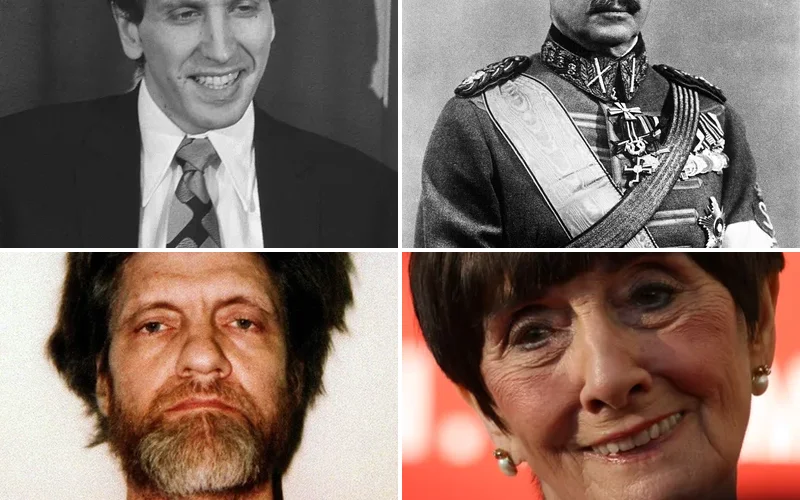
Politics and Government Events on April 3
1922 – Joseph Stalin Becomes First General Secretary
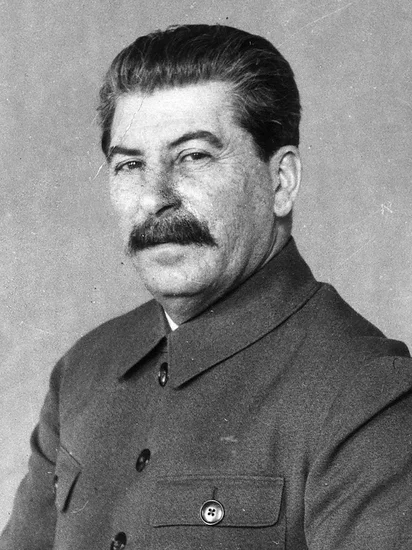
Joseph Stalin ascended to the newly created position of General Secretary of the Communist Party of the Soviet Union. This appointment fundamentally altered the trajectory of Soviet politics and global communism.
The role initially appeared administrative, but Stalin transformed it into the most powerful position in the Soviet hierarchy. His appointment would eventually lead to decades of authoritarian rule that reshaped both the Soviet Union and international relations.
1948 – Harry Truman Signs the Marshall Plan
President Harry S. Truman signed the European Recovery Program, authorizing $5 billion in aid for sixteen war-torn European nations. This massive economic initiative became known as the Marshall Plan after Secretary of State George Marshall.
The legislation represented America’s commitment to rebuilding Europe and containing Soviet influence during the early Cold War period. The plan successfully revitalized European economies and strengthened Western democratic institutions against communist expansion.
1961 – Paiute Federal Recognition Restored
The United States Congress restored federal trust relationships with 501 members of the Shivwits, Kanosh, Koosharem, Indian Peaks, and Cedar City bands of the Paiute people of Utah. This legislative action reversed decades of federal policy that had terminated tribal recognition.
The restoration provided these Native American communities with access to federal services and programs. It also acknowledged their sovereign status and cultural rights within the American legal framework.
1989 – Supreme Court Upholds Tribal Court Jurisdiction
The United States Supreme Court strengthened tribal sovereignty by upholding jurisdictional rights of tribal courts under the Indian Child Welfare Act of 1978. The landmark Mississippi Choctaw Band v. Holyfield decision affirmed tribal authority over child custody matters.
This ruling protected Native American families from state interference in adoption proceedings. The decision reinforced the principle that tribal courts possess exclusive jurisdiction over their members’ domestic relations.
Military and Naval History on April 3
1920 – Assassination Attempt on General Mannerheim
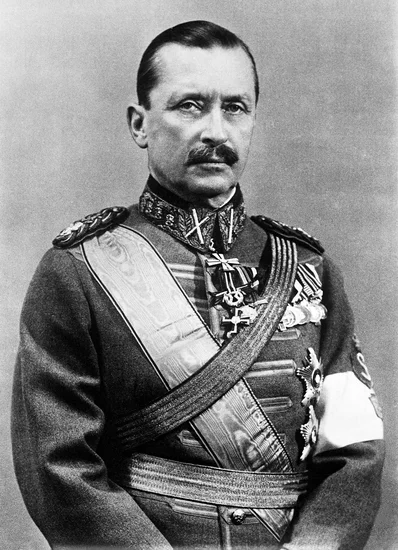
Finnish revolutionaries led by Aleksander Weckman attempted to assassinate General Carl Gustaf Emil Mannerheim during a White Guard parade in Tampere. The plot, ordered by communist leader Eino Rahja, failed to eliminate Finland’s military commander.
The assassination attempt reflected the ongoing political tensions following Finland’s civil war. Mannerheim’s survival allowed him to continue shaping Finnish military policy and eventual independence from Soviet influence.
1942 – Japanese Forces Begin Bataan Assault
Japanese military forces launched a massive assault against American and Filipino troops defending the Bataan Peninsula in the Philippines. This offensive marked the beginning of the final phase of the Philippines campaign during World War II.
The assault overwhelmed Allied defenses already weakened by months of fighting and inadequate supplies. The battle would culminate in the surrender of Allied forces and the infamous Bataan Death March.
1946 – General Homma Executed for War Crimes
Japanese Lieutenant General Masaharu Homma was executed in the Philippines for his role in leading the Bataan Death March. The execution represented Allied commitment to prosecuting war criminals for atrocities committed during World War II.
Homma’s death sentence concluded one of the most significant war crimes trials in the Pacific theater. His execution provided some measure of justice for the thousands of Allied prisoners who perished under his command.
1975 – Operation Babylift Begins
The United States initiated Operation Babylift, a massive evacuation of Vietnamese children during the closing stages of the Vietnam War. This humanitarian mission aimed to relocate orphaned and abandoned children to safety before Saigon’s fall.
The operation represented American efforts to save innocent lives amid military withdrawal from Southeast Asia. Tragically, the first flight crashed shortly after takeoff, killing many children and highlighting the desperate circumstances of the evacuation.
Science and Discovery Milestones on April 3
1933 – First Flight Over Mount Everest

The British Houston-Mount Everest Flight Expedition achieved the first successful flight over Mount Everest’s summit. The Marquis of Clydesdale led this groundbreaking aviation feat, funded by philanthropist Lucy, Lady Houston.
The flight demonstrated advancing aviation technology and human capability to conquer Earth’s highest peak by air. This achievement opened new possibilities for aerial exploration and mapping of previously inaccessible mountain regions.
1973 – First Handheld Mobile Phone Call
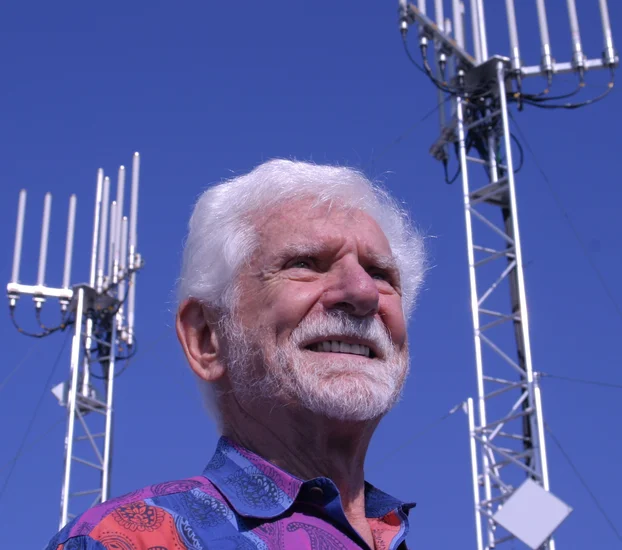
Martin Cooper of Motorola made the first handheld mobile phone call to Joel S. Engel of Bell Labs. This historic call launched the era of personal mobile communications and revolutionized how humans connect across distances.
Cooper’s demonstration proved that wireless communication could be portable and practical for individual use. The call marked the beginning of the mobile revolution that would transform business, social interaction, and daily life globally.
1981 – Osborne 1 Portable Computer Unveiled
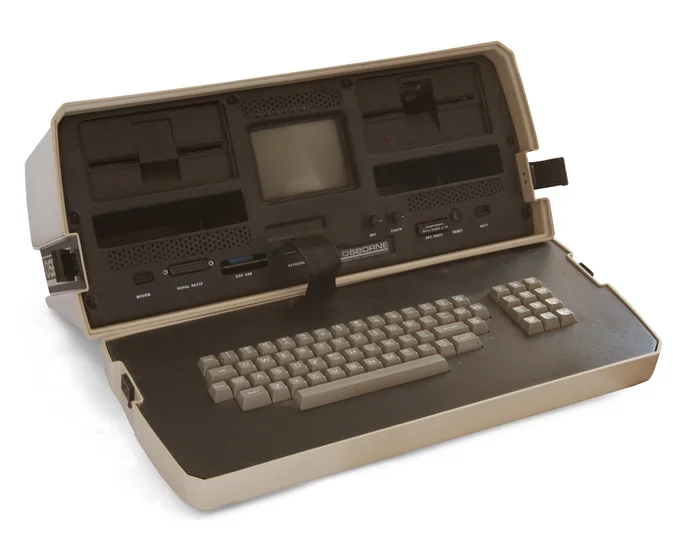
The Osborne 1, the first commercially successful portable computer, was unveiled at the West Coast Computer Faire in San Francisco. This revolutionary device made computing power accessible outside traditional office environments.
The computer’s portability transformed business practices and personal computing habits. Despite its hefty 24-pound weight, the Osborne 1 proved that computers could be truly mobile and practical for traveling professionals.
2007 – French TGV Sets World Speed Record
A French TGV train on the LGV Est high-speed line established a new world speed record of 574.8 kilometers per hour. This achievement demonstrated the pinnacle of conventional rail technology and French engineering excellence.
The record-breaking run showcased the potential for high-speed rail transportation to compete with aviation. The feat reinforced France’s position as a global leader in advanced railway technology and infrastructure development.
Cultural and Arts Events on April 3
1955 – ACLU Defends Allen Ginsberg’s Howl
The American Civil Liberties Union announced its intention to defend Allen Ginsberg’s controversial poem “Howl” against obscenity charges. This legal battle became a defining moment in the struggle for artistic freedom and expression.
The defense of Ginsberg’s work challenged conservative social norms and censorship practices. The case helped establish important precedents for protecting controversial artistic expression under the First Amendment.
1968 – Martin Luther King Jr.’s Final Speech
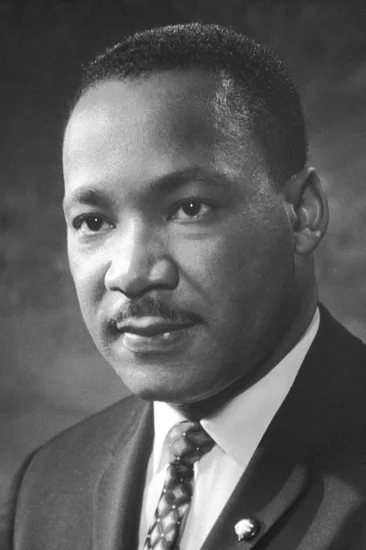
Martin Luther King Jr. delivered his prophetic “I’ve Been to the Mountaintop” speech in Memphis, Tennessee. This powerful address would tragically become his final public statement before his assassination the following day.
The speech reflected King’s awareness of mortality while maintaining his commitment to social justice. His words resonated with biblical imagery and demonstrated his unwavering dedication to the civil rights movement despite personal danger.
1996 – Unabomber Theodore Kaczynski Captured

Federal agents captured suspected “Unabomber” Theodore Kaczynski at his remote Montana cabin. The arrest ended an 18-year nationwide manhunt for the domestic terrorist who had killed three people and injured 23 others.
Kaczynski’s capture revealed the extent of his anti-technology philosophy and violent methods. The arrest provided closure for victims’ families and demonstrated the effectiveness of federal law enforcement cooperation.
Religious and Social Events on April 3
1948 – Jeju Uprising Begins
A civil-war-like period of violence and human rights abuses known as the Jeju Uprising began in South Korea’s Jeju Province. This conflict arose from political tensions between communist sympathizers and the South Korean government.
The uprising resulted in thousands of civilian deaths and lasting trauma for the island’s population. The events on Jeju Island reflected the broader ideological conflicts that divided Korea during the early Cold War period.
2008 – Texas Raids FLDS Ranch
Texas law enforcement officials cordoned off the Fundamentalist Church of Jesus Christ of Latter-Day Saints’ Yearning for Zion Ranch. The operation eventually resulted in 533 women and children being taken into state custody.
The raid exposed allegations of child abuse and polygamous practices within the religious community. The controversial operation sparked national debates about religious freedom, child protection, and government intervention in religious communities.
2009 – Binghamton Immigration Center Shooting
Jiverly Antares Wong opened fire at the American Civic Association immigration center in Binghamton, New York, killing thirteen people and wounding four others before committing suicide. The tragedy highlighted vulnerabilities in community service centers.
The shooting devastated the immigrant community and raised questions about mental health services and gun violence prevention. The incident demonstrated the particular vulnerability of immigrant service organizations to targeted violence.
Business and Economic Events on April 3
2000 – Microsoft Ruled Monopoly
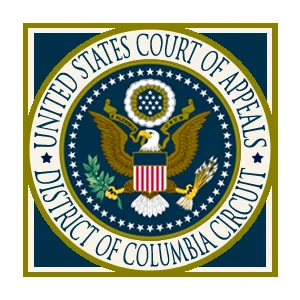
A federal judge ruled that Microsoft Corporation violated United States antitrust laws by maintaining “an oppressive thumb” on its competitors. This landmark decision challenged the software giant’s dominance in personal computing.
The ruling threatened to break up Microsoft and reshape the technology industry’s competitive landscape. The case established important precedents for regulating technology companies and protecting market competition in the digital age.
2008 – ATA Airlines Files for Bankruptcy
ATA Airlines, once among America’s ten largest passenger carriers and the nation’s largest charter airline, filed for bankruptcy for the second time in five years. The company ceased all operations immediately following the filing.
The airline’s collapse reflected broader challenges facing the aviation industry during economic uncertainty. Thousands of passengers were stranded, and employees lost their jobs as the company liquidated its assets.
2010 – Apple Releases First iPad
Apple Inc. released the first-generation iPad, launching the modern tablet computer market. The device combined smartphone technology with laptop functionality in a revolutionary new form factor.
The iPad transformed personal computing, publishing, and media consumption habits worldwide. Apple’s innovation created an entirely new product category and sparked intense competition among technology companies.
2016 – Panama Papers Leak Revealed
The Panama Papers leak exposed legal documents revealing information about 214,488 offshore companies and their wealthy clients. This massive data breach unveiled global networks of tax avoidance and financial secrecy.
The leak implicated world leaders, celebrities, and business figures in potentially illegal financial arrangements. The revelations sparked international investigations and reforms targeting offshore tax havens and financial transparency.
Transportation and Infrastructure on April 3
1955 – Hudsonville-Standale Tornado

A devastating F5 tornado struck the western half of Michigan’s Lower Peninsula, causing catastrophic damage and multiple fatalities. The tornado demonstrated the destructive power of severe weather and the vulnerability of communities to natural disasters.
The storm’s intensity and path through populated areas resulted in significant loss of life and property. The disaster highlighted the need for improved weather forecasting and emergency preparedness in tornado-prone regions.
1974 – Super Outbreak Tornado System
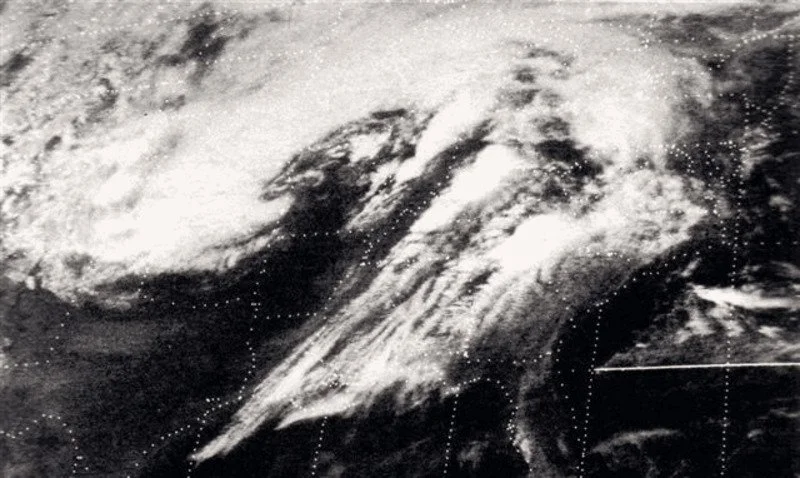
The 1974 Super Outbreak began, becoming the second-largest tornado outbreak in recorded history with 315 fatalities and nearly 5,500 injuries. This meteorological event spawned 148 tornadoes across 13 states and one Canadian province.
The outbreak demonstrated the devastating potential of severe weather systems and the importance of emergency preparedness. The event led to significant improvements in tornado tracking, warning systems, and public safety protocols.
1996 – Commerce Secretary Dies in Plane Crash
A United States Air Force Boeing T-43 crashed near Dubrovnik Airport in Croatia, killing 35 people including Secretary of Commerce Ron Brown. The crash occurred during a trade mission to the Balkans.
The accident highlighted risks associated with diplomatic travel in challenging conditions. Brown’s death represented a significant loss for the Clinton administration and American economic diplomacy in post-war Eastern Europe.
Sports and Recreation on April 3
1905 – Boca Juniors Football Club Founded
Association football club Boca Juniors was founded in Buenos Aires, Argentina, establishing what would become one of South America’s most successful and popular teams. The club’s formation marked the beginning of a legendary sporting institution.
Boca Juniors would develop into a global football powerhouse, producing world-class players and winning numerous championships. The club’s passionate fan base and distinctive blue and yellow colors became synonymous with Argentine football excellence.
1975 – Bobby Fischer Forfeits World Chess Championship
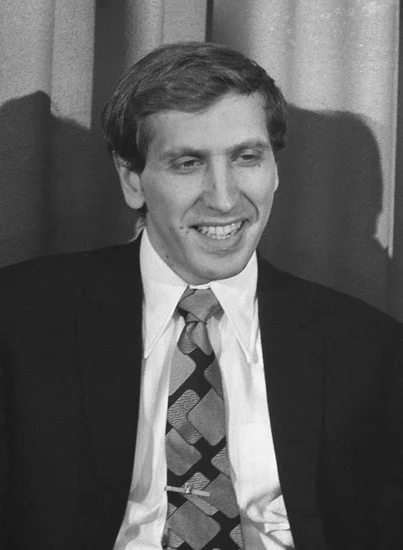
Bobby Fischer refused to play in a chess match against Anatoly Karpov, giving the Soviet grandmaster the World Championship title by default. Fischer’s decision ended his reign as world champion and marked his withdrawal from competitive chess.
The forfeit shocked the chess world and demonstrated Fischer’s uncompromising personality. His refusal to defend his title allowed Soviet dominance to return to international chess competition.
1993 – Grand National Declared Void

The Grand National horse race outcome was declared void for the first and only time in the event’s history. Confusion at the starting line led to a false start that many jockeys ignored, creating chaos throughout the race.
The incident became known as the “race that never was” and highlighted the challenges of managing large-field horse racing. The void result led to improved starting procedures and communication systems for future races.
Notable Births on April 3
1924 – Marlon Brando

American actor Marlon Brando was born in Omaha, Nebraska, destined to revolutionize film acting through his intense method approach. His naturalistic style would influence generations of performers and transform Hollywood’s artistic standards.
Brando’s breakthrough performances in “A Streetcar Named Desire” and “On the Waterfront” established him as cinema’s most compelling leading man. His innovative acting techniques and magnetic screen presence redefined masculine performance in American films.
1930 – Helmut Kohl
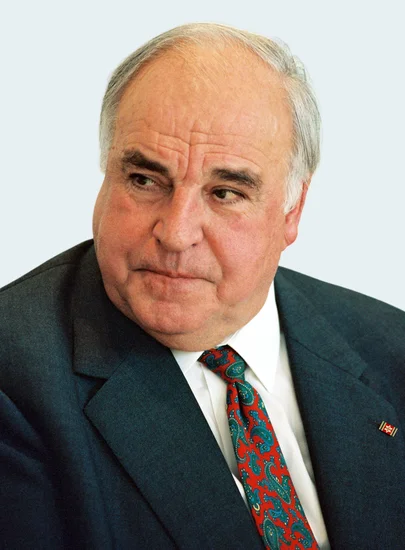
German politician Helmut Kohl was born in Ludwigshafen, beginning a life that would shape modern European history. His political career would span decades and fundamentally alter Germany’s position in the world.
Kohl would become the longest-serving German Chancellor since Otto von Bismarck, presiding over German reunification and European integration. His leadership during the Cold War’s end earned him recognition as one of Europe’s most influential statesmen.
1934 – Jane Goodall

English primatologist Jane Goodall was born in London, beginning a life dedicated to understanding and protecting chimpanzees. Her groundbreaking field research would revolutionize animal behavior studies and conservation science.
Goodall’s observations of chimpanzee tool use and social behavior transformed scientific understanding of human evolution. Her work established new methodologies for studying primates and inspired global environmental conservation movements.
1961 – Eddie Murphy

American comedian and actor Eddie Murphy was born in Brooklyn, New York, destined to become one of entertainment’s most versatile performers. His comedic talents would dominate both television and film throughout the 1980s and beyond.
Murphy’s breakthrough on “Saturday Night Live” showcased his ability to create memorable characters and master various comedic styles. His transition to film success with “Beverly Hills Cop” and “Coming to America” established him as a major Hollywood star.
Notable Deaths on April 3
1950 – Carter G. Woodson

American historian Carter G. Woodson died in Washington, D.C., leaving behind a revolutionary legacy in African American scholarship. Known as the “Father of Black History,” he founded Black History Month and transformed historical education.
Woodson’s dedication to documenting African American contributions to civilization challenged prevailing historical narratives. His establishment of Negro History Week, later expanded to Black History Month, ensured that African American achievements would be recognized and celebrated.
1991 – Graham Greene

English novelist Graham Greene died in Vevey, Switzerland, concluding a literary career that spanned over six decades. His novels explored themes of moral ambiguity, political intrigue, and human nature with extraordinary insight.
Greene’s works, including “The Power and the Glory” and “The Third Man,” established him as one of the 20th century’s most important writers. His ability to blend entertainment with serious moral questions influenced countless authors and filmmakers.
1999 – Lionel Bart

English composer Lionel Bart died in London, leaving behind a remarkable contribution to musical theater. His creation of the musical “Oliver!” brought Charles Dickens’ characters to life through memorable songs and dramatic storytelling.
Bart’s work represented the golden age of British musical theater and demonstrated the power of adapting classic literature for contemporary audiences. His melodies and lyrics continue to entertain audiences worldwide decades after his death.
2022 – June Brown
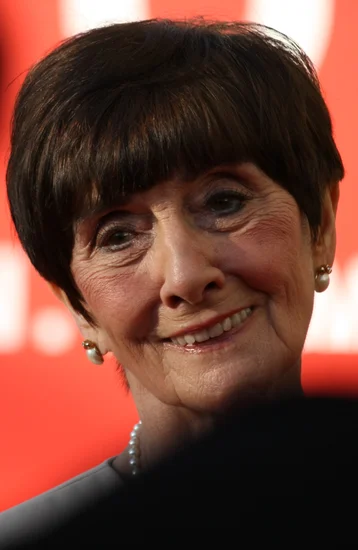
English actress June Brown died at age 95, concluding a remarkable career that made her a beloved television icon. Her portrayal of Dot Cotton on “EastEnders” spanned over three decades and became one of British television’s most enduring characters.
Brown’s performance brought authenticity and heart to the long-running soap opera, earning her numerous awards and recognition. Her character’s struggles with faith, family, and personal challenges resonated with millions of viewers across generations.
Holidays and Observances on April 3
Christian Feast Days
April 3 marks several important Christian observances, including the feast days of Saints Agape, Chionia, and Irene, three sisters martyred during the Diocletian persecution. These early Christian martyrs are remembered for their courage and faith.
The Eastern Orthodox Church also observes specific liturgical traditions on this date. Christian communities worldwide honor the memory of Saint Richard of Chichester and other saints who contributed to the faith’s development and spread.
Saint Burgundofara

The feast day of Saint Burgundofara celebrates a 7th-century abbess who founded and led a monastery in Brie, France. Her leadership in establishing religious communities provided education and spiritual guidance for medieval women.
Burgundofara’s dedication to religious life and education made her an important figure in early medieval Christianity. Her example inspired other women to pursue religious vocations and contribute to their communities’ spiritual development.
Luigi Scrosoppi
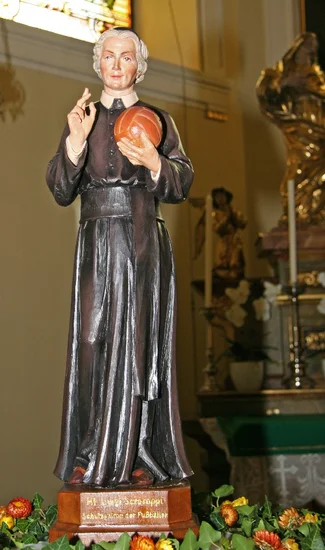
The Catholic Church honors Saint Luigi Scrosoppi, an Italian priest who dedicated his life to educating poor children and caring for orphans. His charitable work in 19th-century Udine demonstrated practical Christian compassion.
Scrosoppi’s establishment of schools and orphanages provided hope and opportunity for society’s most vulnerable members. His canonization recognized his extraordinary commitment to social justice and child welfare through religious service.
